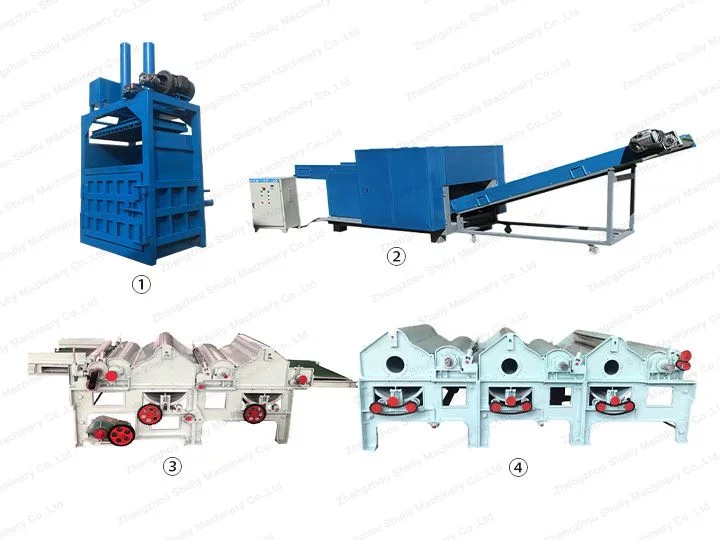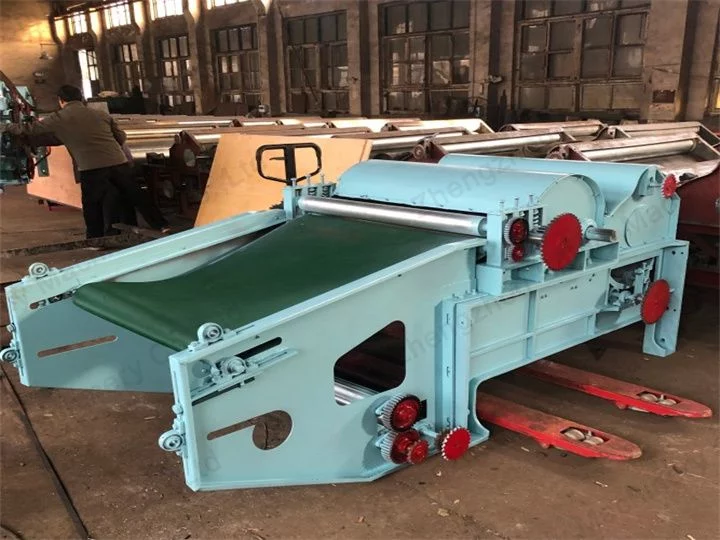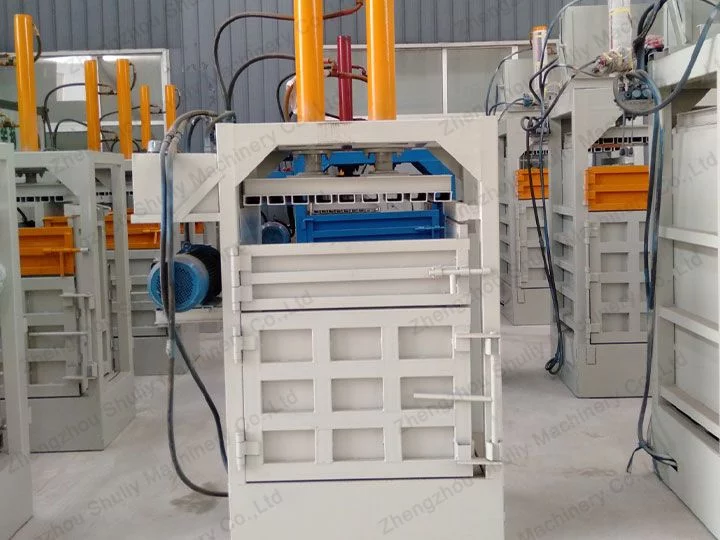
What Is the Cost of a Textile Recycling Machine?
In the rapidly evolving sustainability landscape, textile recycling has emerged as a crucial aspect of reducing environmental impact. As businesses and individuals seek eco-friendly solutions, the cost of textile recycling machines becomes a pivotal consideration. This article aims to provide an in-depth exploration of the factors influencing the cost of these machines and the implications for sustainable practices.

Understanding Textile Recycling Machines
Textile recycling machines play a vital role in processing and repurposing used textiles, contributing to the circular economy. These machines vary in size, capacity, and technological features, catering to diverse needs within the fabric waste recycling industry. The overall cost is influenced by several key factors that we will delve into below.
Factors Influencing the Cost
Machine Type and Capacity
The type and capacity of a fabric waste recycling machine significantly impact its cost. Different machines cater to various materials and volumes. For instance, a small-scale machine suitable for a local business might have a lower upfront cost compared to an industrial-grade machine capable of handling larger quantities.
Technological Features
Advanced technological features can enhance the efficiency and output of textile recycling machines. Cutting-edge innovations such as automated sorting, advanced sensors, and precise material separation contribute to a higher cost but may result in increased productivity and improved material quality.
Material Compatibility
Some fabric waste recycling machines are designed to handle specific types of textiles, such as cotton, polyester, or blended fabrics. Machines that can process a wide range of materials may come at a higher cost due to the versatility and adaptability required in their construction.
Energy Efficiency
As sustainability remains a top priority, energy-efficient fabric waste recycling machines are gaining prominence. While these machines may have a higher initial cost, the long-term savings on energy consumption can make them a more economical and environmentally friendly choice.
Brand Reputation
Established brands with a reputation for producing reliable and durable machines often command a higher price. Investing in a reputable brand ensures quality and reliability, reducing the risk of downtime and maintenance costs in the long run.
Installation and Maintenance
The overall cost of a textile recycling machine includes installation expenses and potential maintenance costs. Some machines may require specialized technicians for installation and ongoing maintenance should be factored into the budget to ensure the longevity and optimal performance of the equipment.

Considerations for Businesses
Businesses exploring the incorporation of textile recycling machines into their operations must carefully evaluate their specific needs and constraints. Conducting a thorough cost-benefit analysis, taking into account factors such as expected volume, material types, and budget constraints, is crucial for making informed decisions.
The cost of textile recycling machines varies widely based on machine type, technological features, material compatibility, energy efficiency, brand reputation, and installation/maintenance requirements. Businesses and individuals looking to contribute to sustainable practices through textile recycling should carefully weigh these factors to make informed choices that align with their goals and values.
